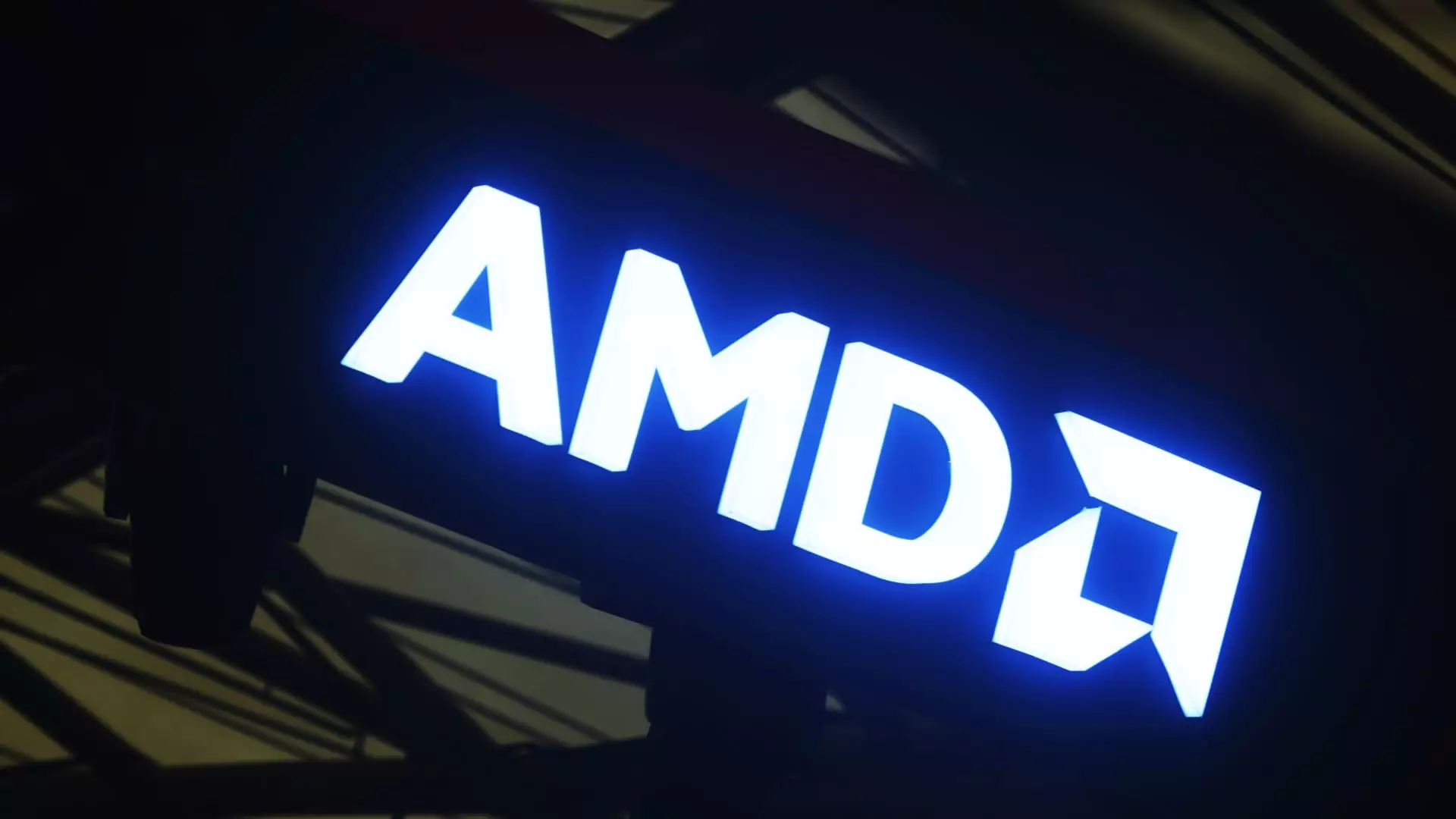U.S. chip giant Advanced Micro Devices (AMD) is diving headfirst into the competitive world of AI PCs, aiming to challenge heavyweights like Nvidia and Intel. In an exclusive interview with CNBC, Victor Peng, president of AMD, expressed his confidence in the expanding market for AI PCs. With an expected surge in adoption in the second half of the year, AMD is strategically positioning itself to cater to the growing demand for personal computers embedded with processors specifically designed for AI functions.
Tech research firm Canalys predicts that 60% of the PCs shipped in 2027 will be AI-capable, fueled by the booming interest in generative AI. This surge in interest was largely triggered by the success of ChatGPT, a chatbot renowned for its human-like responses to user prompts. HP president and CEO Enrique Lores echoes this sentiment, expressing excitement about the impact AI PCs will have on the overall PC category. Although it may take some time before AI PCs permeate the market, IDC expects that increased adoption and cost reductions will lead to wider deployment in the near future.
While AMD acknowledges that the integration of AI capabilities into PCs will serve as a catalyst for upgrades, the company believes it is already well-positioned to lead in the AI space. With the recent launch of its Ryzen 8000G Series desktop processors, AMD promises users immense power and dominant performance for intensive workloads such as gaming and content creation. In addition to competing with Nvidia and Intel on graphics processing units (GPUs), which are crucial for AI and high-performance computing, AMD also aims to make its mark in the server space with its Instinct MI300X chips. These graphics processors are specifically designed for large language model training, putting them in direct competition with Nvidia’s H100 chips.
Nvidia currently holds a dominant position in the market for GPUs used in AI applications. The most prominent AI models, including OpenAI’s ChatGPT, make use of Nvidia GPUs such as the H100 in the cloud. Not one to rest on its laurels, Nvidia announced new GPUs in early January specifically designed for running generative AI applications on PCs. It also secured partnerships with leading laptop manufacturers like Acer, Dell, and Lenovo to provide GPUs for their devices. Meanwhile, Intel launched its Core Ultra chips in December, aiming to offer faster AI program execution. These chips are set to power over 230 of the world’s first AI PCs from companies including Acer, ASUS, Dell, HP, and Lenovo.
AMD, Nvidia, and Intel all recognize the significant potential of AI PCs in the years to come. Despite the current size of the AI market, Victor Peng believes that we are only in the early stages. He predicts that AI will continue to grow substantially, with opportunities expanding beyond just data center GPUs. AMD is confident in its ability to gain market share in the server space with its MI300 chips. As the demand for AI PCs continues to rise, the rivalry among these tech giants is expected to intensify, ultimately leading to innovation and advancements in AI technology.
The world of AI PCs is heating up, with Advanced Micro Devices determined to challenge Nvidia and Intel for dominance. As the market expands, driven by the interest in generative AI, AMD aims to cater to the growing demand for AI-capable PCs. With its Ryzen 8000G Series desktop processors and Instinct MI300X chips, AMD is well-positioned to lead in both consumer and server space. However, fierce competition from Nvidia and Intel means that the race for AI supremacy is far from over. As AI continues to gain traction, users can expect more powerful and efficient AI PCs in the near future.


Leave a Reply